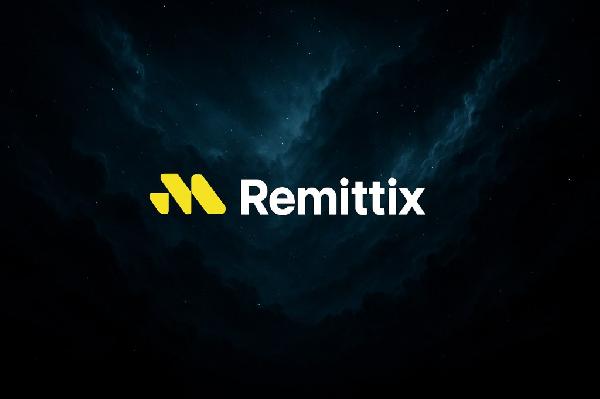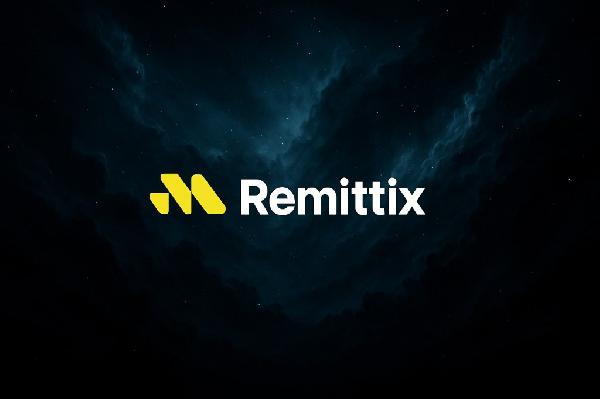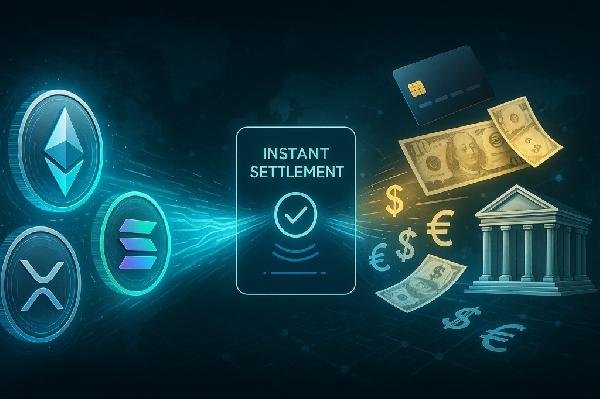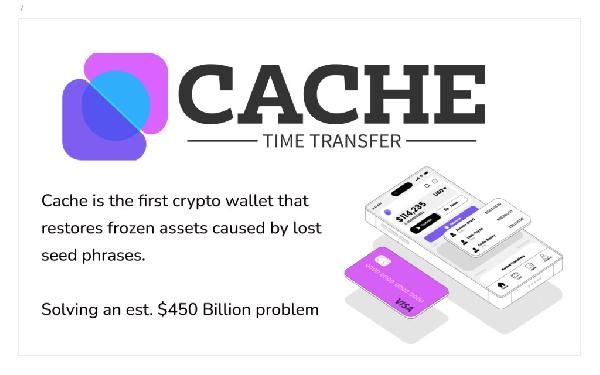HodlX Guest Post Submit Your Post
When we first talked about decentralizing AI, we focused on compute, data and governance models – and those still matter.
However, as autonomous agents operate in real-world environments like trading assets, running supply chains and moderating communities, trust is the challenge that moves to the front.
Not the soft, human kind like, “I feel good about this brand,” or “Their marketing is convincing.”
In machine economies, trust has to be verifiable, quantifiable and enforceable at protocol speed.
Without it, decentralized AI risks becoming a high-throughput arena for hallucinations, spam, exploitation and cascading failures.
This isn’t a problem we can solve with more compute or cleaner datasets. It’s a problem of how we decide who gets to act.
From informal trust to protocol rules
In Web 2.0, trust was like reading restaurant reviews – fine for choosing dinner but meaningless when thousands of autonomous agents are making split-second, high-impact decisions.
Those signals are easy to fake, impossible to audit at scale and carry no built-in consequences for bad actors.
In decentralized AI networks, that won’t cut it. Agents are no longer isolated scripts running on a hobbyist’s server.
They’re entities that request resources, execute trades, vote in DAOs and orchestrate other agents.
The damage is immediate and often irreversible if one behaves maliciously or incompetently.
The answer emerging from the research community is to make trust itself part of the infrastructure.
One proposal gaining traction is the idea of AgentBound tokens – non-transferable credentials that act as a track record for AI agents, first proposed by researcher Tomer Jordi Chaffer.
ABT – Passports for machines
An ABT is a non-transferable cryptographic credential that records an agent’s behavior over time.
Think of it as a passport for machines – stamped not with visas but with verified jobs completed, outcomes delivered and failures recorded.
Unlike wallet balances or stake amounts, ABTs can’t be bought, sold or delegated.
They’re earned through actions, updated on verified performance and slashed for misconduct – proof-of-conduct.
This flips the default from pay-to-play to prove-to-act.
Token balances can gate humans, but in machine economies, they misprice risk – agents are cheaply cloned, can borrow capital and operate at machine speed, creating externalities far beyond their stake.
ABTs close that gap by making verified performance a scarce resource over time.
In token-weighted systems, deep pockets buy access – in ABT-gated systems, only a durable, transparent track record unlocks higher-impact roles.
Reliability becomes the operational collateral.
Through a real-time five-step loop, ABTs turn agent behavior into operational capital that can grow, decay or be slashed.
Consider a decentralized logistics network. A new routing agent with a zero-reputation ABT starts under supervision on small shipments.
Each verified job earns attestations – trust builds until it runs a region autonomously.
A buggy update then causes delays – validators flag it and the ABT is penalized, bumping the agent back to low-risk tasks.
After a clean probation period, its reputation recovers.
That’s trust as a living system earned, lost and regained in a form that machines can understand and protocols can enforce.
Building on the soulbound idea
If this sounds conceptually close to Soulbound tokens, it is.
In their 2022 paper, ‘Decentralized Society – Finding Web 3.0’s Soul,’ Glen Weyl, Puja Ohlhaver and Vitalik Buterin proposed SBTs as non-transferable credentials for human identity – diplomas, affiliations, licenses.
ABTs extend this logic to machines.
But where SBTs are mostly static (“this person graduated from X”), ABTs are dynamic, updating with every verified action.
They’re less about who an agent is, more about how it behaves over time – and the temporal element is critical.
A spotless record from last year means little if the agent’s model has since degraded or been compromised.
ABTs capture that evolution, making them a live signal rather than a one-time badge.
Reputation DAOs as a governance layer
ABTs handle the data, the immutable record of what happened, but someone has to set the rules.
What is good or bad behavior? How much weight do various actions carry? How to handle disputes?
Reputation DAOs are decentralized governance bodies that define, maintain and audit the reputation layer.
They decide which validators can update ABTs, what metrics matter for a given domain and how reputation decays or recovers over time.
They can also set risk tiers in high-stakes environments – a content-moderation agent needs one track record to act autonomously.
In contrast, a trading bot might need another. By decentralizing these decisions, the system avoids both capture by a single authority and the rigidity of hard-coded rules.
Reputation DAOs are the human-in-the-loop element for decentralized trust – not micromanaging every action – but steering the norms and parameters that keep the machine layer honest.
Challenges in making trust programmable
None of this is trivial to implement. The most complex problems are social and technical at once.
Sybil attacks are the obvious threat – spawning thousands of new agents to farm reputation in low-risk roles, then deploying them in higher-stakes contexts.
Preventing this requires tying ABTs to strong decentralized identities – and sometimes to hardware or execution environments that can’t be cheaply replicated.
Reputation washing is another risk.
Without safeguards, an ABT system could become a high-stakes costume party, where malicious agents slip on someone else’s mask to enter the VIP room.
Protocol-level non-transferability, cryptographic binding to keys and strict anti-delegation rules are essential.
There’s also the privacy–auditability trade-off. To trust an agent, you need to know how it’s been performing.
However, publishing full decision logs might expose sensitive data or proprietary methods.
ZKPs (zero-knowledge proofs) and aggregate metrics are promising ways to square that circle.
And then there’s governance capture – if a small group of validators controls most updates, they can whitelist bad actors or punish rivals.
Open validator sets, rotation and slashing for collusion help distribute that power.
Why this matters now
We are at the point where decentralized AI is constrained less by technology and more by legitimacy.
Without deciding which agents can be trusted with which roles, networks either centralize control or accept constant risk.
ABTs and reputation DAOs offer a third path – a way to encode trust directly into the infrastructure, making it as native to the system as consensus.
They answer that question publicly by turning ‘who controls the AI?’ into ‘how is control defined, granted and revoked?’
The first wave of Web 3.0 taught us to trust strangers with money.
The next must teach us to trust strangers with decisions at machine speed, with consequences no human can reverse in time.
In an agent economy, that’s not optional – it‘s survival.
Roman Melnyk is the chief marketing officer at DeXe.
Follow Us on Twitter Facebook Telegram
Check out the Latest Industry Announcements Disclaimer: Opinions expressed at The Daily Hodl are not investment advice. Investors should do their due diligence before making any high-risk investments in Bitcoin, cryptocurrency or digital assets. Please be advised that your transfers and trades are at your own risk, and any loses you may incur are your responsibility. The Daily Hodl does not recommend the buying or selling of any cryptocurrencies or digital assets, nor is The Daily Hodl an investment advisor. Please note that The Daily Hodl participates in affiliate marketing.
Disclaimer: Opinions expressed at The Daily Hodl are not investment advice. Investors should do their due diligence before making any high-risk investments in Bitcoin, cryptocurrency or digital assets. Please be advised that your transfers and trades are at your own risk, and any loses you may incur are your responsibility. The Daily Hodl does not recommend the buying or selling of any cryptocurrencies or digital assets, nor is The Daily Hodl an investment advisor. Please note that The Daily Hodl participates in affiliate marketing.







